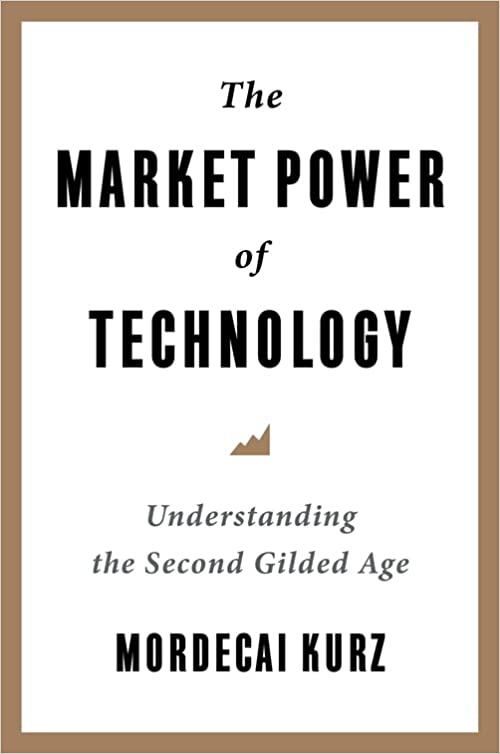
Since the 1980s, the United States has regressed to a level of economic
inequality not seen since the Gilded Age in the late nineteenth century. At
the same time, technological innovation has transformed society, and a core
priority of public policy has been promoting innovation. What is the
relationship between economic inequality and technological change?
Mordecai Kurz develops a comprehensive integrated theory of the dynamics of
market power and income inequality. He shows that technological innovations
are not simply sources of growth and progress: they sow the seeds of market
power. In a free market economy with intellectual property rights, firms'
control over technology enables them to expand, attain monopoly power, and
earn exorbitant profits. Competition among innovators does not eliminate
market power because technological competition is different from standard
competition; it results in only one or two winners. Kurz provides a
pioneering analysis grounded on quantifying technological market power and
its effects on inequality, innovation, and economic growth. He outlines
what causes market power to rise and fall and details its macroeconomic and
distributional consequences.
Kurz demonstrates that technological market power tends to rise, increasing
inequality of income and wealth. Unchecked inequality threatens the
foundations of democracy: public policy is the only counterbalancing force
that can restrain corporate power, attain more egalitarian distribution of
wealth, and make democracy compatible with capitalism. Presenting a new
paradigm for understanding today's vast inequalities, this book offers
detailed proposals to redress them by restricting corporate mergers and
acquisitions, reforming patent law, improving the balance of power in the
labor market, increasing taxation, promoting upward mobility, and
stabilizing the middle class.




